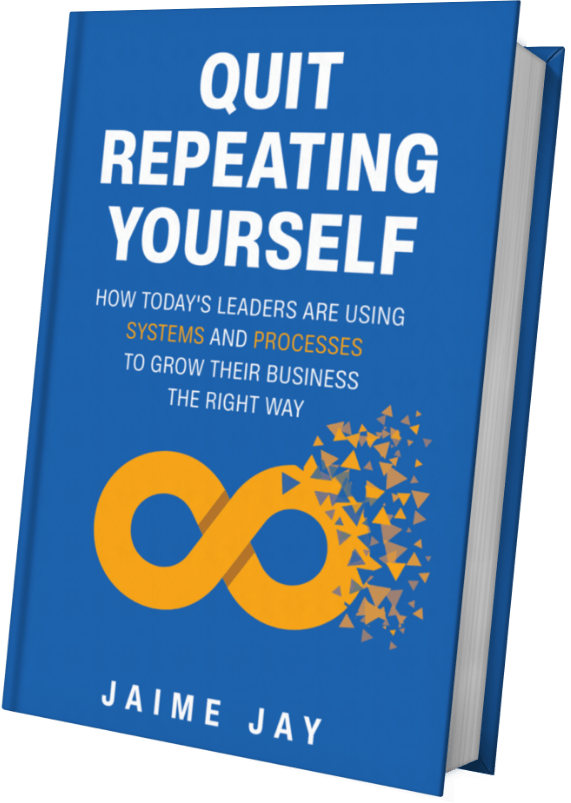The Bottleneck Attention Audit Report | The Importance of Work Culture
Now that you are focused on what you need to do, let’s talk Work Culture.
Culture is very important in guiding the progress of a company. It provides something akin to a roadmap for everyone to envision what the company aspires to be. It also contains what is to be expected from each member of the team, and how to conduct themselves accordingly.
The issue with most companies is that they leave this part mostly on the high level, and forget about doing the finer details. This leaves people to speculate or create their own, which can be contradictory or counterproductive in the long run.
In this section of the Bottleneck Attention Audit Report blog series, we delve deeper into Work Culture. Why it is important, and how we faired in our audit that was done by MindEQuity. If you are not familiar with this blog series or the Bottleneck Attention Audit Report, you can check out our introductory post and why Focus is important.
Defining Work Culture
On a high level, Work Culture is what the company aspires its staff and employees to present and represent as they go about their tasks and job roles.
While most companies have this down great, most businesses do not go into the nitty-gritty. As mentioned earlier, this could lead to miscommunication between teams, or a practice becoming the norm, when in fact it should be the opposite.
Letting it form naturally without defining it from the get-go is a mistake, and it could be an irreversible one if allowed to go on for a while. For these reasons, it is important to slow down, evaluate your current work culture, and better define what you want the workplace culture to be moving forward.
Bottleneck’s Attention Audit Results on Work Culture
That said, what was Bottleneck’s results on the team’s work culture?
According to MindEquity’s audit report, our team score for defining a more specific work culture was in the Low Strength in their scale. This means there are a lot of things we could be defining more clearly within our external and internal teams, and improve our policies moving forward.
Here are some of the points that were highlighted in the report:
Answering Work-Related Instant Messaging
Around 88% of the team answered that they respond to work-related instant messaging in less than an hour. While DAs have to be alert to the client’s needs, having to constantly check for instant messages from within the team can also affect one’s focus. Moving forward, we should make clear whether such communications be answered only after finishing their current tasks, rather than being distracted with another task or update on a different task.
Answering Messages during “Off” Hours
Roughly 44% of the team answered that they answered emails or instant messages over Basacamp or Skype with the clients even after work. Again, while it might appear as being available at all times to be of service to our clients, it can be detrimental to the team’s well-being. Unless it is an emergency, you should wait until your next work hours to answer these messages.
Talking during Meetings
Approximately 44% of the team believe that in a typical meeting, their only role is to listen, unless they are the ones that need to present in said meeting. This fosters a Yes-man approach to things, and to just go with the meeting’s flow at all times.
Though we have strived to work on this by having meetings where we have a conversation with each other, rather than just talking about tasks and work-related stuff. This helps foster a sense of camaraderie, and tells the team that they can chime in anytime if they have something to share in the meeting.
Improve Your Work Culture
Now that we know the issues, what are the things one can do to improve the work culture? Here are some ideas that you can follow:
Define Workplace Practices
Define the team members’ job roles and responsibilities, so that you can better define what they should and should not be doing in that role. Also, having practices or workflows clearly defined, as well as things like advancement/promotions, life balance, and compensations / benefits is a must.
Policies and Philosophies
As mentioned earlier, not having defined policies leave things up for their own interpretation. This is especially important if your company does not follow a traditional model of a similar business / category (e.g.: Distant Assistants and Virtual Assistants)
Communication
Having a set way to communicate in the workplace for regular correspondence, as well as emergency situations is ideal. This helps sort out the team’s priority in answering instant and asynchronous communications from other members, and from managers to the team.
Want to know how you can define your team’s work culture? Check out MindEQuity’s Attention Audit and learn more on how you can improve the work culture of your company and boost your overall productivity!
We at Bottleneck Distant Assistants have taken the challenge to see how our team fares in being an Energized Team. In the next article, we talk about Tool Management, and how it can help boost productivity, but also cause issues if left unchecked.
Are you interested in taking the Attention Audit for your team as well? You can check out MindEQuity today and see if you are up to the challenge!
Want to learn more about Bottleneck? Visit our website and find out how our team can help your business break through its bottleneck today!
About Jaime Jay
Meet Jaime Jay – a man who wears many hats, and wears them all admirably. He's a master connector, an entrepreneur extraordinaire, and a published author who knows how to get things done.
Before he found his way to the business world, Jaime served his country as a brave paratrooper in the U.S. Army. But that's just the beginning of his many accomplishments.
He's the founder of the renowned Bottleneck Distant Assistant Services firm, and his book "Quit Repeating Yourself" has become a must-read for entrepreneurs everywhere.
When he's not busy building his empire, you can find him on his beloved Harley Davidson, cruising through the countryside and taking in the invigorating effects of Uitwaaien – a Dutch practice that involves facing the wind to boost health and relieve stress.
He enjoys spending his free time outside building stuff with his wife, Nikita the dog and their two kittens (for now at least) Tommy and Tater.
He is ‘over-the-moon’ happily married to his wonderful wife Sara, his amazing daughter, Jessica, who is serving our country as a United States Army soldier. Jaime and Sara are the proud grand parents of two beautiful little girls.

Get Your Book Now!
Quit Repeating Yourself provides guidance for entrepreneurs, business leaders, and managers to help prevent unknown challenges from ruining their business.


















